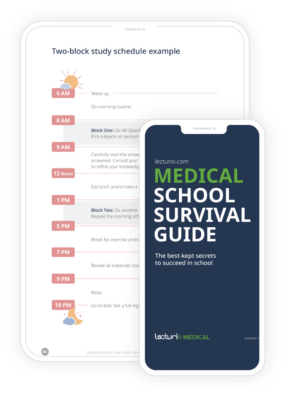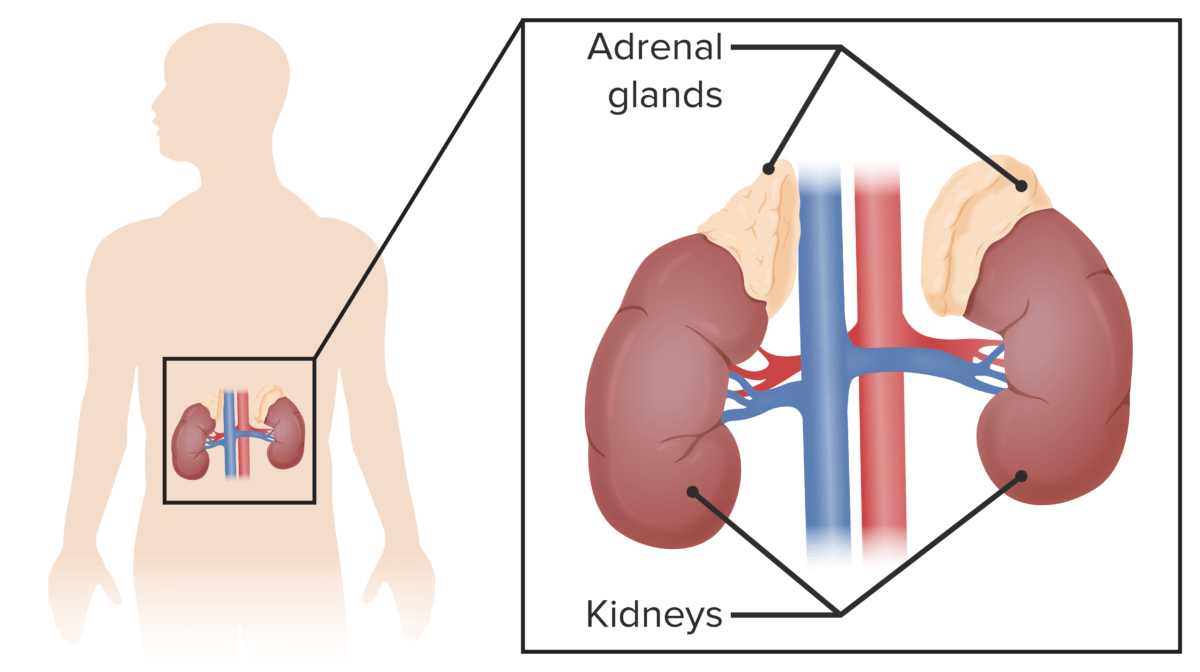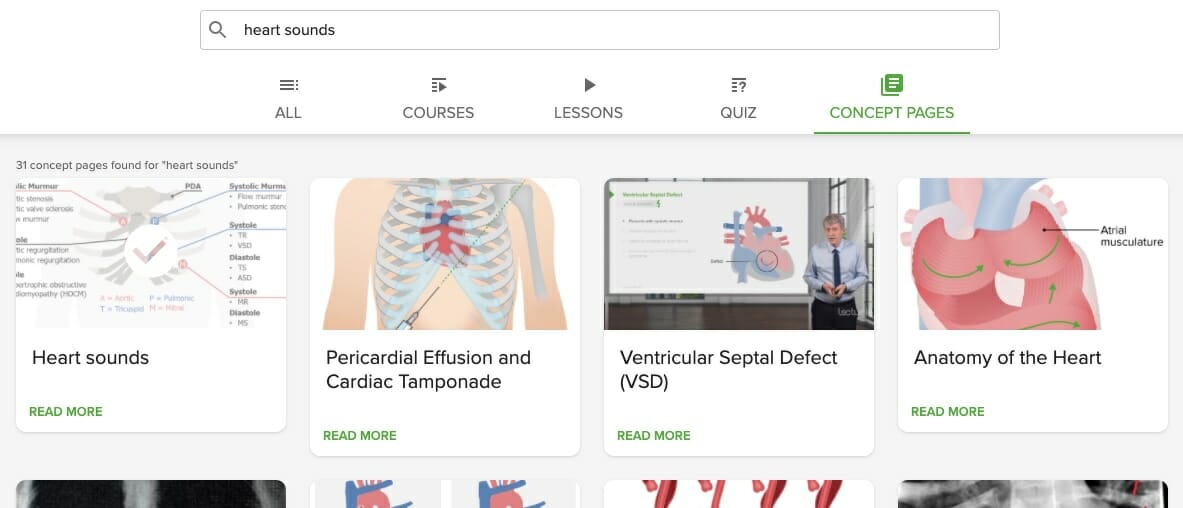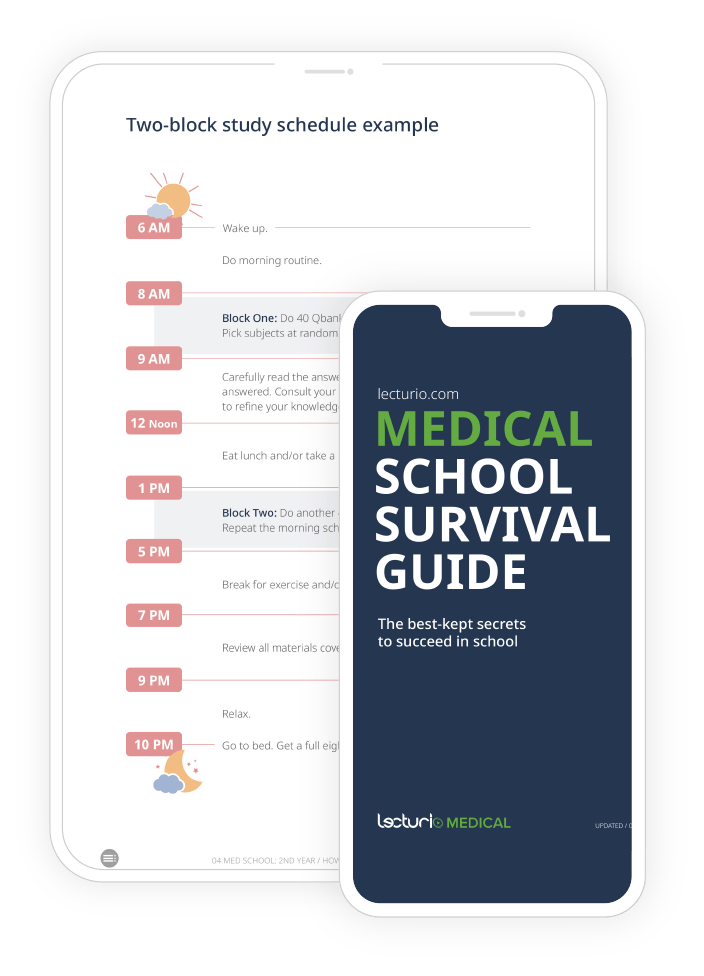You might think there isn’t a lot of time for or value in reading non-academic books for leisure, but think again! Books are a great way of finding a new perspective when you can’t experience it firsthand. While there is value in interpersonal interactions, words have the power to move people in a totally different way.
So in this article, I’ll talk about books– books that have given medical students the push they need to be the best doctors they can be. In no particular order, I selected these books based on their writing, relevance, how in-depth of a view it gives of the medical profession, and maybe a bit of my personal taste, as an aspiring doctor and self-proclaimed bookworm.
#1: When Breath Becomes Air by Paul Kalanithi
“There is a moment, a cusp, when the sum of gathered experience is worn down by the details of living. We are never so wise as when we live in this moment.”
In the last year of his neurosurgical residency, Kalanithi battles a terminal illness and ponders the meaning of life. As he tries to make the most of the time he has left, he balances his life as a doctor, patient, and husband. Despite the book being published posthumously and its generally gloomy theme, it has moments of hope and inspiration as the author loses the life he thought he’d have and replaces it with something even more meaningful.
This book is a personal favorite of mine, and I put it here at the top of the list for a reason. As a future doctor, you need to learn not only what it means to be a physician, but also what it means to be a patient. In this brief yet meaningful memoir, Kalanithi gives an in-depth view of both — and the struggle between the two.
Kalanithi, as a literature major, immerses you in a story about hope and grief in such as way that you can’t help but put yourself in his shoes. You wonder what you would prioritize at the end of everything and what it would mean to be your own patient. In the face of your own mortality, you’re in the best position to see the bigger picture. If you’re looking for a novel that reminds you what you’re doing all this for or what exactly you’re dedicating your life to, look no further than When Breath becomes Air.
#2: House of God by Samuel Shem
“Every intern makes mistakes. The important thing is neither to make the same mistake twice nor to make a whole bunch of mistakes all at once.”
There is no rule book or manual for being a medical intern in a hospital — sometimes you have to make it up as you go along. In Shem’s House of God, their interns follow their own survival guide passed down from the wisdom of their seniors. The story follows the interns of the House of God (a pseudonym for a fictional hospital) as they traverse the grueling and degrading challenge of being a junior doctor.
I put this here because while the novel is satricial, it’s still loosely based on actual experiences of interns in hospitals. Although a real hospital usually has fewer blurred lines and borderline-negligent rules, it still follows that being a junior doctor is difficult and it’s easy to feel lost. Different doctors will tell you to follow different rules, and it’s up to you to decide what’s best for your patients.
The book overall is a great read, especially if you’re an intern looking for some laughs when resting from your duty hours. It’s so well-known that some of the language is even used in pop culture and by some doctors. But take note: you might also find the haunting truth that maybe the satire isn’t all that far from reality.
#3: The Diving Bell and the Butterfly by Jean-Dominique Bauby
“For pleasure, I have to turn to the vivid memory of tastes and smells, an inexhaustible reservoir of sensations. Once, I was a master at recycling leftovers. Now I cultivate the art of simmering memories.”
This memoir follows the life of the former Editor-in-Chief of the French magazine Elle as he wakes up from a 20-week coma to Locked-in Syndrome, a rare neurological condition in which a person is almost completely paralyzed but their cognitive function and memories remain intact. With only acute awareness and what’s left of his motor function, he tells of his physical, emotional, and mental struggles with his condition, and the memories he holds on to for strength. This book was written by Bauby, who could only communicate through blinking. It took 200,000 blinks and 10 months to “write” before Bauby eventually died of pneumonia.
It’s one thing to diagnose and treat patients, but it’s another to put yourself in their shoes. The way Bauby describes his experience is vivid and impactful, using his years of literary prowess to make you feel the tornado of emotions that one feels when faced with a severely debilitating disease. What feelings do our patients have when robbed of their body’s basic functions? What does it mean to live when the wonders of medicine have not only prolonged survival, but also the agony of living with disease?
If you’re looking for a book to help you understand your patients better, especially those with disabilities, you might want to try this book. It’s important for a doctor to understand the impact of disease on an individual to help decide the next best course of action. While you may find the book tragic, it can be moving and empowering as it makes evident the perseverance and true strength of the human mind.
#4: Being Mortal: Medicine and What Matters in the End by Atul Gawande
“We’ve been wrong about what our job is in medicine. We think our job is to ensure health and survival. But really it is larger than that. It is to enable well-being.”
Gawande has written quite a few books about medicine and patient care. This particular one tackles a topic that I think all students should consider: the end of life. Being Mortal shares the reflections and personal stories of patients undergoing hospice care or struggling with terminal illness.
Health care in our older years can be financially and emotionally exhausting. That’s because as we get older, we are left with memories and some regrets about the life we’ve lived. As a future doctor, it’s important to understand that you will see many patients (and their families) in a day, but for them, these are pivotal moments in their lives. That fact matters as much as any treatment you can give.
If you’re looking for a book to help you come to terms with these aspects of your patient’s lives or to prepare yourself for the inevitable, this book does the job. At the end of life, where theoretical and standard practices may fall short for your patients, empathy becomes your greatest tool in improving their quality of life. I would also recommend Gawande’s other books about medicine as well.
#5: This Is Going To Hurt: Secret Diaries of a Junior Doctor by Adam Kay
“So I told them the truth: the hours are terrible, the pay is terrible, the conditions are terrible; you’re underappreciated, unsupported, disrespected and frequently physically endangered. But there’s no better job in the world.”
For years, the idea of being a doctor has always been followed with some prestige. Who doesn’t think that saving lives on a regular basis is cool as heck? Well, it’s not as glamorous as people make it out to be. In Kay’s collection of diary entries, he paints a messy yet honest picture of his journey as a medical trainee. Under the humorous tone of the book, Kay is faced with grueling work and traumatic events– the harsh and inescapable reality of being a doctor.
I chose this book because it challenges the view of how people see doctors against what it actually is like to be one. Many people believe doctors to be something more than human. They expect doctors to know everything, because it’s terrifying to believe that they could be wrong. Because of this, many — and even some of us doctors — forget that we’re human. We want time for ourselves and the people we love. We want breaks from the heavy pressure of medicine. But despite the compassionate nature of the job, it’s rare we find it for ourselves.
If you’re looking for a book that doesn’t pull punches about what it’s like to be a doctor, but with a tinge of humor, you might want to try this one. It takes real talent to communicate the difficulties while also getting a few laughs. You may think that it’ll turn you off from medicine because of how harsh it sounds, but if you’re entering this career for the right reasons, it’ll take more than this book to stop you.
A Final Word
While your textbooks are important, narrative books are definitely something to include in your reading. They’re entertainers, companions, and mentors. You can read them for leisure and feel like you’ve grown as a person afterwards. You can feel awful one moment and feel inspired the next. There were a lot of times when I read through these books and finally felt like I was understood and my problems were validated. It’s like magic in the form of words that you can bring with you anywhere.
So if you find yourself looking for inspiration, motivation, or a new perspective, try some narrative books. You might think you won’t have time for it, but I encourage you to make time, because you’re going to need help in those times you feel stuck. I know it worked for me when I needed my passion for medicine reignited in my darkest hours. With the right mood, an open mind, and a deep love for medicine, it’ll work for you too.







